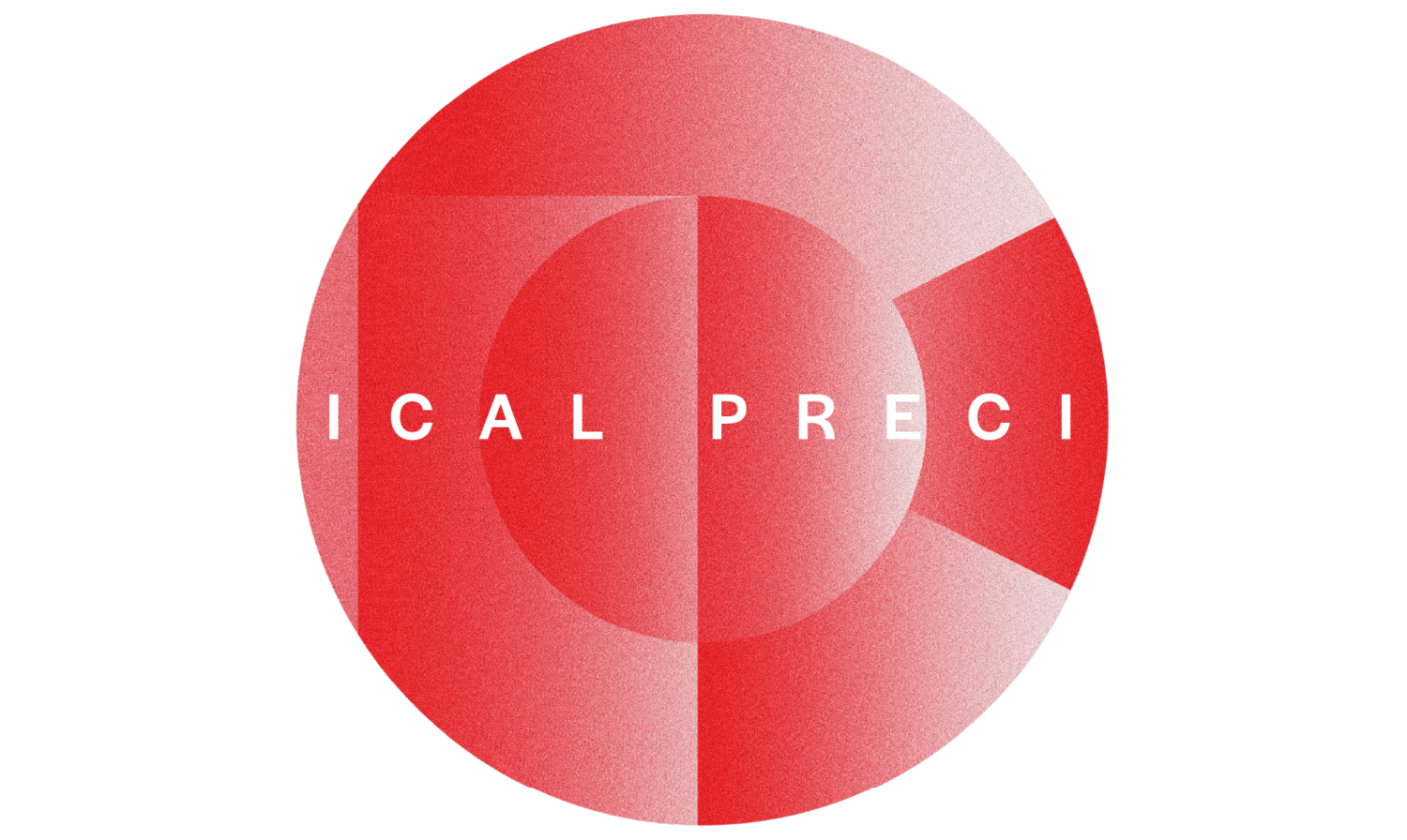
Patients
We aim to educate our patients in a safe environment while offering them necessary comprehensive care. We understand that many people have anxiety about treatment, so we created a soothing environment and a scheduling system that never keeps you waiting long.
A GP or Specialist referral is required to see Dr Steve Landers.
Initial Consultation
MRI
For patients requiring Micro-Embolisation, an MRI is required before the initial consultation so that Dr Landers can correlate the result of the MRI with what is happening clinically, and to see areas of inflammation. Once we receive your referral, we will refer you to have your MRI completed.
Consultation with Rachael Hely (Physiotherapist)
For patients requiring Micro-Embolisation, an initial consultation with Rachael is required. This will be scheduled once we receive the result of the MRI. We will have you complete a number of questionnaires before the consultation to assess your pain and ability to move about. Rachael will evaluate these questionnaires and perform a clinical assessment involving simple physical tests such as walking and standing from a chair.
Consultation with Dr Steve Landers
For patients requiring Micro-Embolisation, an initial consultation with Dr Landers will be arranged after you have seen Rachael. In this consultation, Dr Landers will correlate the result of the MRI with what is happening clinically, and to see areas of inflammation and decide on the appropriate course of treatment.
For all other procedures, an initial consultation with Dr Landers will be arranged after we have received your GP or Specialist referral.
Procedure
During the procedure our friendly staff will make sure you are comfortable during the procedure which usually takes about 40 minutes. You will be given light to moderate sedation prior to the procedure to help keep you relaxed. Through the small incision Dr Landers will insert a thin tube (micro-catheter) into the main blood vessel that supplies your knee/foot/hip/shoulder. X-ray dye (contrast) will then be administered to identify the tiny abnormal blood vessels (angiogram). The catheter will then be steered to any abnormal blood vessels and a medication injected to trim the excess blood supply. Only abnormal blood vessels will be blocked. The small incision in your groin will be covered with a dressing and will heal in a week. The procedure is unlikely to cause you discomfort other than the discomfort of a needle inserting local anaesthetic into the skin in your groin.
What to expect AFTER the procedure?
Following the procedure you will remain at the hospital for four hours under the observation of nursing staff to make sure that you remain comfortable and to manage any unexpected and unlikely complications. After four hours you will be assessed for your suitability to go home. Most people will go home, but dependent on your individual circumstances, you may stay in hospital overnight.
If any new or unusual symptoms occur, please contact Clinical Precision or your GP immediately. Many side effects go away shortly after the procedure. However, some side effects can be serious, long lasting or permanent. Your doctor will discuss the best way of managing any side effects with you.
Patient Preparation.
Follow-Up Assessments
You will be required to return to Clinical Precision for follow up assessments at 6 weeks, 6 months and 12 months post procedure.
6 weeks. You will be reviewed by Rachael Hely to complete similar questionnaires and perform physical tests to assess your pain and mobility.
6 months. You will be reviewed by Rachael Hely and Dr Steve Landers to assess your progress.
12 months. You will be reviewed by Dr Landers. You may have an MRI of your knee done to check that the bone is healthy.
